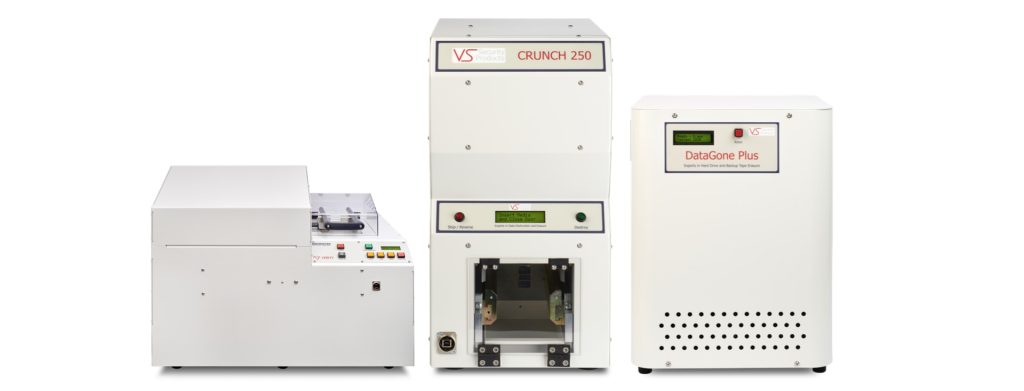Hotels on the frontline of data security in the travel industry

As the travel industry continues to grow and evolve, hotels have emerged as a key battleground in the fight to secure sensitive customer information. From corporate travelers to vacationers, hotels handle vast amounts of personal and financial data. This includes not only booking information but also details collected during stays, such as payment records, Wi-Fi usage, and access to services. The security of this data is paramount, particularly as hotels operate in a highly interconnected global environment, processing information across borders and serving guests from different countries.
The Cross-Border Nature of Hotel Data Processing
Hotel groups often have properties in multiple countries, making data security and privacy more complex. As personal information is transferred between international locations, hotels must comply with various data protection regulations, such as the European Union’s General Data Protection Regulation (GDPR) and other regional privacy laws. This requires hotels to implement robust security measures to protect travelers’ data, ensuring it remains safe no matter where it is processed.
Corporate visitors, who often store confidential business information during their stays, are particularly sensitive to the security practices of hotels. With business travelers relying on hotel networks and digital services, there is an increased need for hotels to maintain secure systems that can withstand cyberattacks or breaches. Data encryption, firewalls, and continuous monitoring are all crucial to protect corporate and personal data as it moves across hotel networks.
The Growing Need for Secure Data Destruction
While cybersecurity measures like encryption help protect data in transit, another key area of focus for hotels is the secure destruction of data that is no longer in use. Many hotel chains operate internal servers and have integrations with data centers that store customer information. Over time, as hardware becomes outdated or data is no longer required, it is essential that this information is destroyed properly to prevent unauthorized access.
Recent incidents in the travel and hospitality industries have highlighted the risks of not securely managing data, especially as cybercriminals become more sophisticated in targeting vulnerabilities in corporate IT infrastructures. Ensuring the secure degaussing and destruction of hard drives is a vital step to avoid potential data leaks. Hotels operating their own internal servers must take responsibility for securely disposing of hard drives containing sensitive information.
Hard drive degaussing, which involves disrupting the magnetic fields of the drive to erase stored data, is a recommended practice for hotels that need to eliminate large volumes of old data. Using methods like the DataGauss Max LG, hotels can ensure that data is rendered irretrievable, even from advanced recovery tools. Physical destruction is also becoming more common, with hotels increasingly opting to use devices like the Crunch 250, which completely destroys hard drives, leaving no chance for data recovery.
Ensuring Data Security in 3rd Party Systems
Hotels do not operate in isolation. Many rely on third-party vendors and service providers for reservation systems, loyalty programs, and customer databases. These third-party vendors often store or process hotel guest data, making them another point of potential vulnerability. It is crucial for hotels to establish clear protocols with their suppliers to ensure that any data no longer in use is securely destroyed.
One important aspect of this partnership is ensuring that third-party vendors use secure data destruction methods, such as hard drive shredding or degaussing, when replacing hardware or decommissioning servers. This reduces the risk of guest data being exposed through unsecured disposal methods.
The Growing Trend Towards Advanced Data Destruction Solutions
Given the increasing regulatory scrutiny and the evolving nature of cyber threats, many hotels are turning to advanced data destruction technologies. Devices like the Crunch 250, which physically crushes hard drives, have become popular for hotel IT departments that need to securely dispose of hardware without risk. These machines not only prevent data recovery but also offer a fast, efficient way to destroy drives on-site.
Hard drive degaussing, using systems like the DataGauss Max LG, is another layer of protection. This technology ensures that data stored on magnetic drives is completely wiped before the hardware is either recycled or destroyed. Hotels looking to enhance their data security practices are increasingly adopting such methods to minimize the risk of breaches or data theft.
Travel Industry Data Security
As key players in the travel industry, hotels handle sensitive data from a diverse range of customers, including corporate and leisure travelers. The responsibility to protect this information goes beyond simple encryption and secure storage — it extends to the safe and complete destruction of data when it is no longer needed. With cross-border operations adding to the complexity of data security, hotels must not only ensure their own systems are secure but also work closely with third-party vendors to maintain data privacy.
Are you considering data security solutions for your hotel business? Get in contact with us to learn more about how you can protect and erase information: [email protected]
Photo credit: Bastian Pudill

